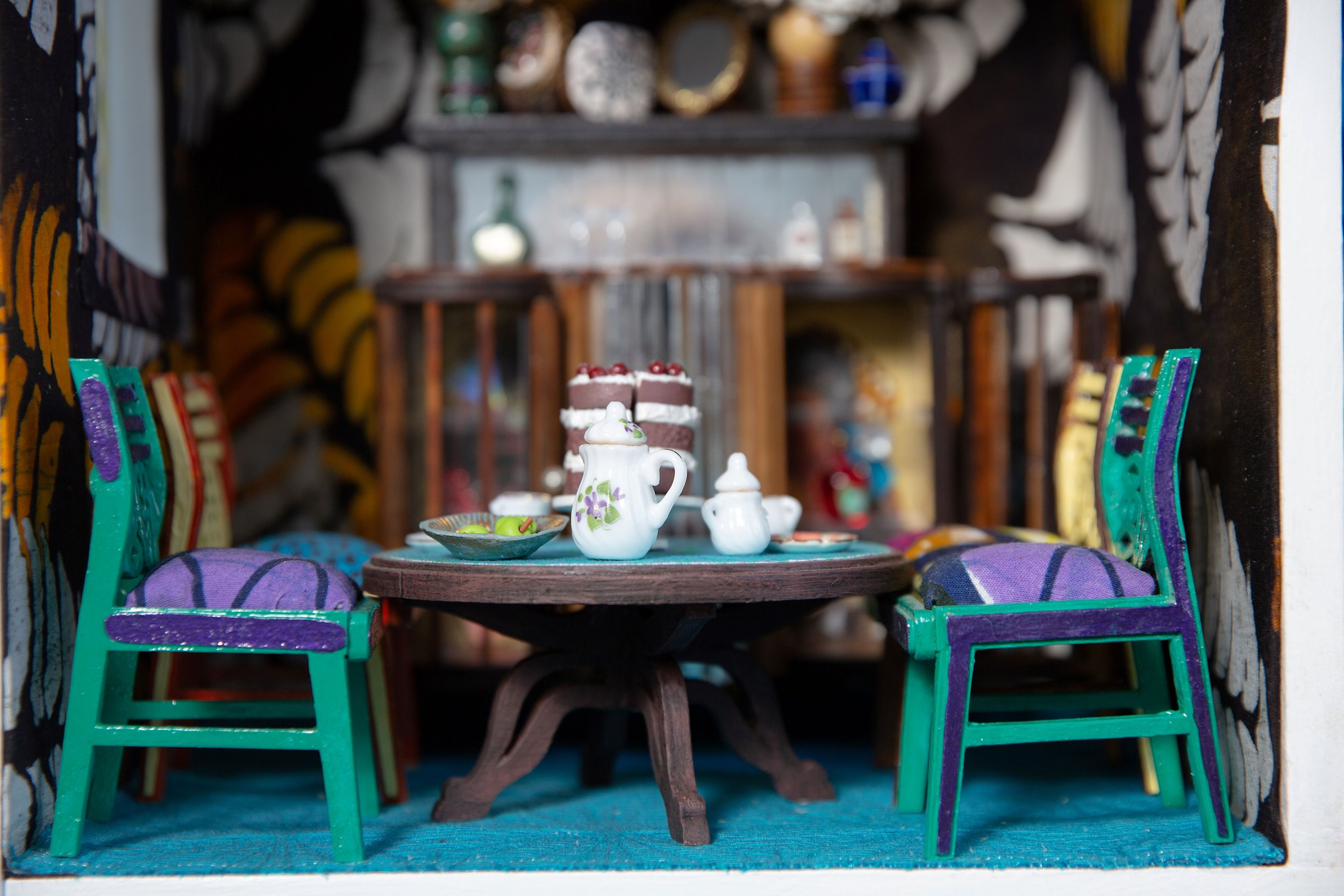Photography: Jonathan Cherry
Because words are important (and rather fun, too)
Jolly jukeboxes - they conjure up images of 1950s American teens, jiving around milk bars, or perhaps a memory of pubs in the late 1980s where you could spend 20p selecting a careful playlist of Bros’s Drop The Boy, back to back with Rod Stewart’s Maggie May.
But, interestingly, the roots of the word ‘jukebox’ go much further back and much further afield. Specifically, to the Sea Islands, just off the Carolinas where a tongue known as ‘Gullah’, a creole of several West African languages and English, which grew up around slaves, was brought to the region in the 18th century.
In Gullah, the word ‘jook’ meant disorderly or living wickedly. A jook house was a sort of dance hall, gaming room and brothel, rolled into one. Wicked indeed! And not a spot for a quiet evening out with religious folk, but much fun if you wanted a dance, a cup of moonshine and perhaps something even more ‘jook’. The term was first written down in the 1930s but probably goes back much further.
The first jukeboxes, back in the 1890s, were known by many names, but mostly ‘nickel-in-the-slot machines’ and the term ‘jukebox’ was first recorded in Time magazine, referencing the jook houses of the period: “Glenn Miller attributes his crescendo to the juke-box’, which retails recorded music at 5c a shot in bars, restaurants and small roadside dance joints.”
So there we have jukeboxes: making the journey from wicked (as in evil) to wicked (as in wonderful). Don’t even get us started on the etymology of that one.
We do love a jukebox. If you do, too, don’t miss our ‘analogue’ feature, which takes a look back at the inventiveness and craftsmanship of life before the digital age and this month features a company manufacturing jukeboxes.
Get hold of your copy of this month's The Simple Things - buy, download or subscribe






